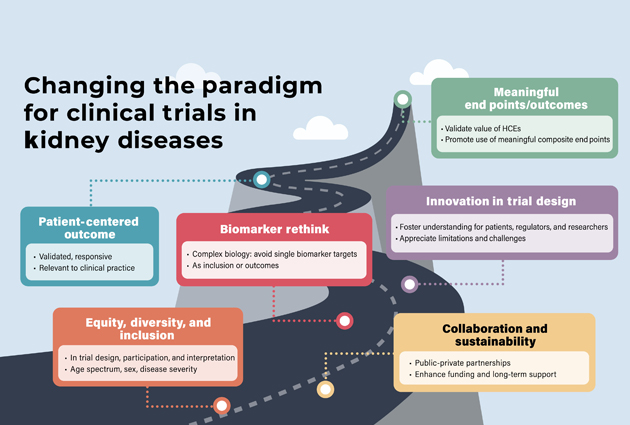STOP KIDNEY DISEASE INITIATIVE- Link between Obesity and Kidney Disease
STOP is an acronym for Stop the Obesity Pandemic. Obesity seems to be an independent risk factor in onset and progression of CKD. Furthermore it should be considered the most important root cause of CKD.
In adults, Obesity is defined by a Body Mass Index (BMI) of greater than 30, while overweight is BMI of more than 25. We are in the midst of a global pandemic of obesity resulting from sedentary lifestyle and the larger portion sizes of unhealthier foods. ‘The State of Obesity 2014 report’ supported by a grant from Robert Wood Johnson Foundation calls for better policies for a healthier America. Several studies have found an association between obesity and disorders of the heart, brain, joints, stomach and liver, cancers, high blood pressure and diabetes now known as chronic non communicable diseases (NCD’s). CKD and eventually ESRD are caused by several conditions, most commonly DM and HTN as discussed earlier. Both these causes of CKD occur more frequently in obese patients. More data is emerging on the direct consequence of obesity on kidney disease, making it an independent risk factor chronic kidney disease. In one study, the relative risk for ESRD increased progressively as the BMI increased and was seven fold higher compared to non obese patients when BMI was more than 40. Obesity should thus be considered as the most important root cause of CKD in most parts of the world.
A microscopic entity with distinct structural changes known as Obesity Related Glomerulopathy (ORG) has been described. Certain substances known as Adipokines, secreted by the fatty tissue have been proposed to cause these changes. Apart from the structural changes, functional abnormalities including increased loss of protein have been described.
Obesity has been linked with faster progression of CKD requiring earlier dialysis or transplantation even in non- diabetic and non- hypertensive patients. Furthermore, it has been shown that with weight loss there is decrease in protein loss in urine and slowing down of rate of decline of the kidney disease.
The cheapest and the best way to decrease the number of people developing CKD, or its progression is to prevent the onset of obesity or treat it in a timely manner. This would also prevent the onset of DM and HTN and its better control. Kidney disease itself accelerates the development and progression of several other NCDs. The overall benefit to the health of an individual by prevention or control of obesity would be immense.








